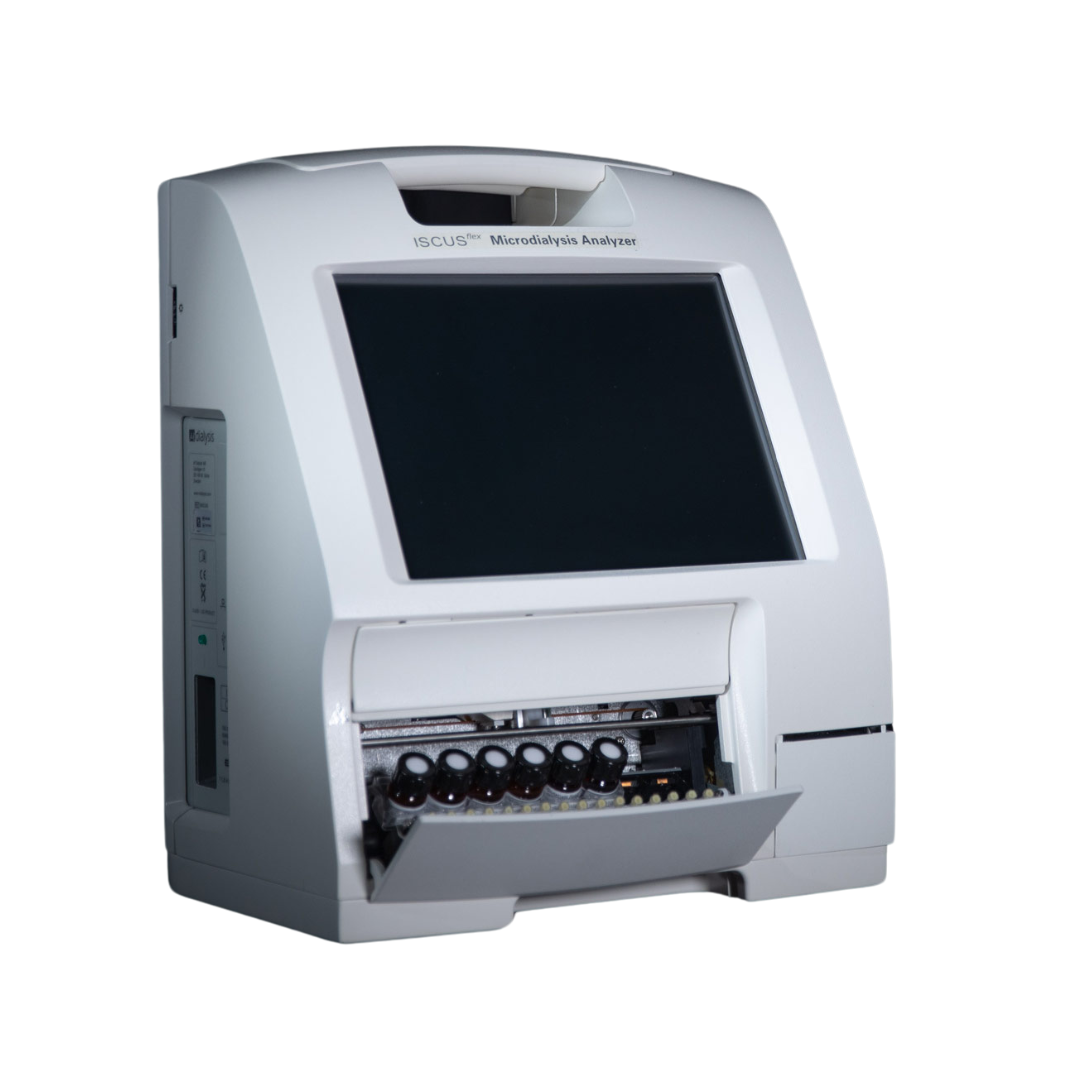CCRG receives funding boost for new life-saving equipment
CCRG has received a funding boost to secure new equipment through The Shelia and Bernard Joel Life-Saving Medical Equipment Foundation. Valued at close to $1 million, the new equipment is made possible by a gift from the Estate of Sheila and Bernard Joel administered by The Common Good, an initiative of The Prince Charles Hospital Foundation. The Estate is dedicated to supporting ground breaking advancements in medical care at The Prince Charles Hospital.
“From echocardiography to printing 3D models and 4-dimensional analysis of the heart, the new equipment will support every aspect of CCRG’s portfolio, allowing us to progress our research for life-threatening conditions including heart and lung failure,” said Dr Johannes Bösch, CCRG International Research Fellow.
“Great research takes time, it takes money, it takes dedication. But it also requires the latest equipment to deliver innovative breakthroughs. We are incredibly grateful to The Joel Family and their unwavering commitment to ground breaking medical research, and to The Common Good for their support acquiring this new equipment.”
New equipment includes a state-of-the-art microdialysis analyser and a new generation automated chest compression device. Explore some of the equipment below.
Separately from the equipment secured through The Shelia and Bernard Joel Life-Saving Medical Equipment Foundation, CCRG has also recently received the first ELISA 600 ventilator in Australia with thanks to Löwenstein Medical. The new ventilator offers a wide range of diagnostic and therapeutic tools, enabling individualised support for patients requiring life-sustaining ventilation.
To learn more about The Shelia and Bernard Joel Life-Saving Medical Equipment Foundation and the impact leaving a Gift in your Will can have, please visit The Common Good.
The Corpuls CPR is a new generation automated chest compression device used for cardiopulmonary resuscitation (CPR). The Corpuls has been shown to adapt to different anatomic structures more efficiently than other models to provide the best possible personalised patient care. The device is crucial for our preclinical studies as it ensures the accurate simulation of CPR for prolonged periods, enhancing the reliability and validity of our research outcomes. CCRG is one of the only research facilities in Australia to regularly use an automated CPR device in preclinicial trials. The device is now also used by the Queensland Ambulance Service and in clinical practice at The Prince Charles Hospital.
CCRG's new GlycoCheck microcirculation scanner will be used for non-invasive, real-time assessment of blood flow during preclinical studies to help shine light on the microcirculation adequacy in acute surgical conditions and critical illnesses and evaluate the impact of novel treatments aimed at improving microcirculation post-surgery and after critical illness.
Echocardiography is a safe and portable tool for heart assessment, widely used in clinical settings. The Vivid E95 offers the latest technology to support detailed analyses of the heart and it's functionality. The machine will be used for all of our cardiac preclinical studies investigating right heart failure, heart transplantation and cardiogenic shock. The equipment provides state-of-the-art imaging including 4D volume, myocardial strain and myocardial work.
The Stratasys J35 Pro 3D System allows us to rapidly prototype injured organs to test complex surgical interventions before a patient even enters the operating theatre. Using a patient's own data, such as CT scans, we can print 3D replicas of 'broken' hearts so clinicians can gauge what size VADs are required, saving time in the operating theatre and improving the patient's quality of recovery and survival rates through more personalised approaches to surgery.
The ISCUSflex point-of-care microdialysis analyser will be used for real-time assessment of metabolites from organs in acute surgical conditions and during critical illness. It will allow for quicker testing and analysis to support the rapid translation of our preclinical research programs of heart transplantation, shock states (sepsis, cardiogenic, haemorrhagic), acute respiratory distress syndrome and mechanical circulatory support.
The Löwenstein ELISA 600 ventilator is an innovative device designed for both invasive and non-invasive ventilation. It offers a wide range of diagnostic and therapeutic tools, enabling individualised support for patients requiring life-sustaining ventilation. CCRG is currently home to the only ELISA ventilator in Australia. The ability to test new ventilatory modes, along with access to advanced monitoring systems such as oesophageal pressure measurement and electrical impedance tomography, are all integrated within the single device, making this ventilator particularly well-suited to our comprehensive research.






